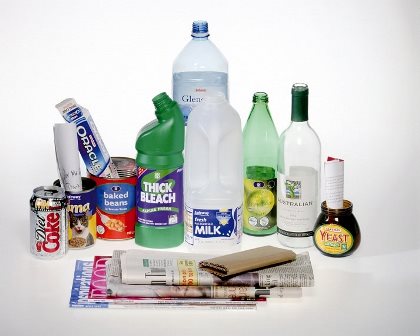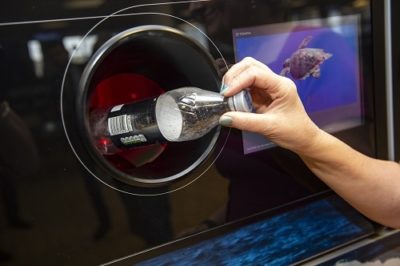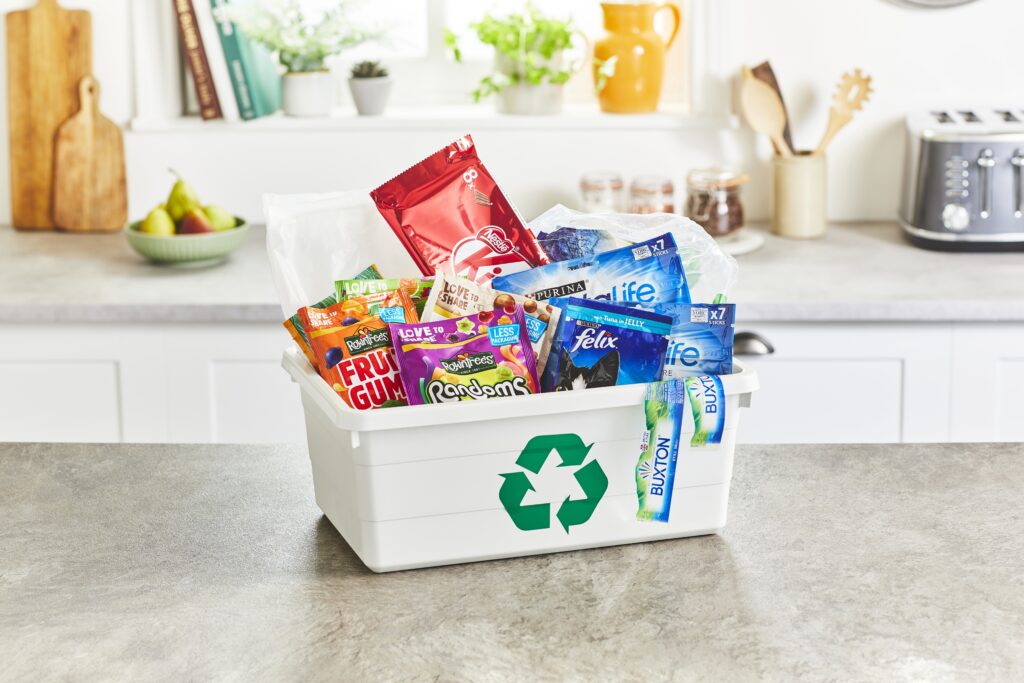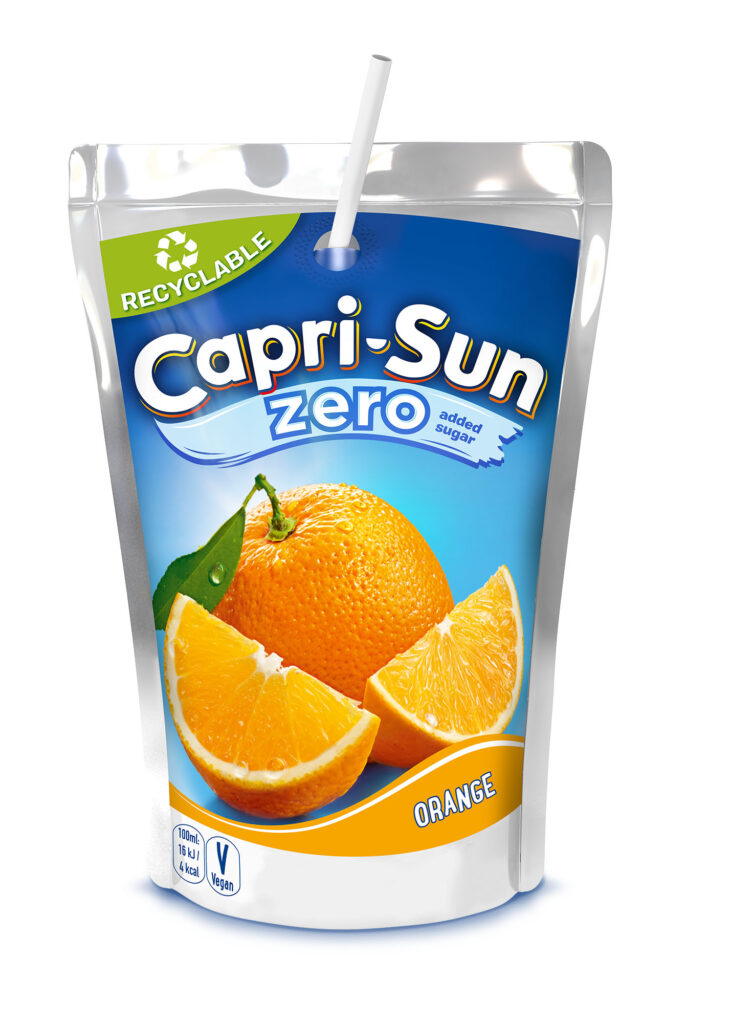In its EPR consultation response published on 26 March, Defra set recycling targets up to 2030 covered materials in-scope of extender producer responsibility (EPR). The PRN system consultation was issued alongside the EPR document.

Defra claimed that the current system has been criticised for the volatility and unpredictability of PRN prices, a lack of transparency, the potential for fraud and producer dependency on exports to meet recycling targets.
It said that this consultation seeks views on “several proposals to address these issues and improve the overall effectiveness of the system”. Previously, the system was due to be wound up once EPR was introduced in 2023.
These were formed from suggestions from the Advisory Committee on Packaging (ACP) and other industry bodies.
Data
The first option is to require reporting of data to be monthly, as opposed to the current quarterly requirement.
Whilst some operators will upload data in real time, many will do a bulk upload at the end of each quarter.
Defra said that under this approach, an “appropriate sanction” would for applied non-compliance, in order to provide more up to date data for producers and compliance schemes.
This would help producers and compliance schemes to inform their strategy for compliance and plans for the acquisition of evidence
Monthly
Under another option, the department is proposing to make monthly reporting on the price of PRNs/PERNs by reprocessors and exporters mandatory.
Defra stated that 85-90% of PRN trades are bilateral exchanges between reprocessors or exporters and compliance schemes based on annual or quarterly contracts for supply of evidence, where no reporting of prices is required.
The mandatory monthly reporting of prices would be confidential and handled by the regulators, and this could be in addition to the monthly volume reporting proposed in proposal 1.
It would also help to “improve the transparency of the market”.
Revenue reporting
The consultation explained that one of the major criticisms of the system is the “lack of visibility” into how PRN revenue is spent.
Defra said that in order to increase transparency of the revenue associated with the sale of PRNs/PERNs, it will amend the reporting categories and introduce sub-categories in order to make the reporting more detailed and meaningful.
This includes adding a number of sub categories to the existing requirements. For example, currently it would be designated as ‘infrastructure’, but under the proposed change would include whether this is the purchase of new assets or support and maintenance of reprocessing/exporting infrastructure.
DRS
The consultation document also acknowledged the impact the DRS would have on the PRN system and its targets, warning it could “undermine the effective functioning of the PRN/PERN market”.

This could result in an oversupply of evidence and therefore depress the PRN prices.
Defra modelling states that in the first few years of DRS operations, when the collection rate is expected to be lower, “our analysis shows that there is a significant impact on the availability of PRN/PERNs”.
This is particularly the case for aluminium, for which there would be an estimated 245% oversupply of PRN/PERN evidence, which would lead to a reduction of PRN/PERN prices.
However, once a DRS is fully operational and capturing 90% of in-scope packaging, the impact of DRS packaging collected outside of DRS on EPR recycling rates is “largely nullified for all materials except aluminium”. For aluminium, there is an estimated oversupply of PRN/PERN evidence of 23%, while for plastic, steel and glass this is estimated at 1-2%.
“It is likely, therefore, that DRS packaging captured at kerbside would have minimal impact on the PRN/PERN prices and hence the availability of evidence for plastic, steel and glass by this point”.
Defra set out three options to counter this:
- Find a means to prevent PRNs/PERNs being issued on DRS material collected alongside EPR materials
- Place a recycling obligation on DRS producers for packaging waste that is in scope of the DRS, but not collected by the Deposit Management Organisations
- Increase EPR producer recycling obligations to include DRS packaging not collected through the DRS routes
The consultation also set out proposals on timeframes looking when PRNs can be issued.
Useful links
Consultation on Reforms to the Packaging Waste Recycling Note (PRN) System










Subscribe for free